Disease and diet were once thought to be two completely separate issues.
Now we know that’s not the case at all, and that it’s very true that diet can have a dramatic effect on the progression or remission of many types of disease, including autism.
Autism starts in childhood and can progress into adulthood if left unchecked.
While there is a large group of medical doctors that don’t believe diet and autism is related, the research and testimonies of families with autism show otherwise.
But first, what is autism?
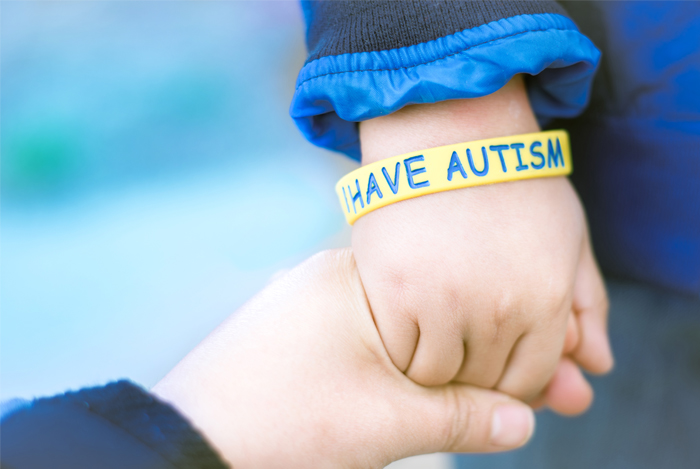
Autism is a developmental disorder that develops within 3 years of a child being conceived.
It has specific characteristics that make it different from other types of disorders that children suffer from, one primarily being the way autistic children behave socially.
Signs to Watch Out for in Children With Autism:

One of the first signs of autism as a baby is that children will not cry like other children do, such as when they’re left in a crib or left in a room alone.
Some autistic children will also develop rashes and food intolerances (as you’ll learn more about below) that can be a sign of an imbalance in gut bacteria and neurological function.
For instance, children with autism tend to avoid eye contact when someone speaks to them and aren’t very sociable with other children. One key sign is the way they tend to play by themselves and avoid interacting with other children during playtime.
Autistic children may also have poor behavioral problems and be non-compliant with rules in school despite a teacher and parent’s efforts to help them.
However, children with autism are also usually very intellectually gifted and become increasingly smart as they age; their brains work much differently due to the neurological imbalance autistic children suffer from. They are not mentally incapable of learning information, they simply process information differently and their brains work in a different order than most individuals’ do.
What to Do if Your Child Has Autism or You Suspect Them To:

Parents or caretakers of children who suspect their child to have autism can get a screening by any medical doctor and find support at The Autism Research Institute or the Autism Speaks Organization.
Aside from being tested, there are also many ways you can support your child at home starting with the way you take care of their nutritional needs.
There is still much debate about which specific foods cause autism, but one unique and very strong connection that has been shown to be problematic for children with autism is a diet that includes gluten and casein.
The Problem With Gluten and Casein and How They Affect Autism:
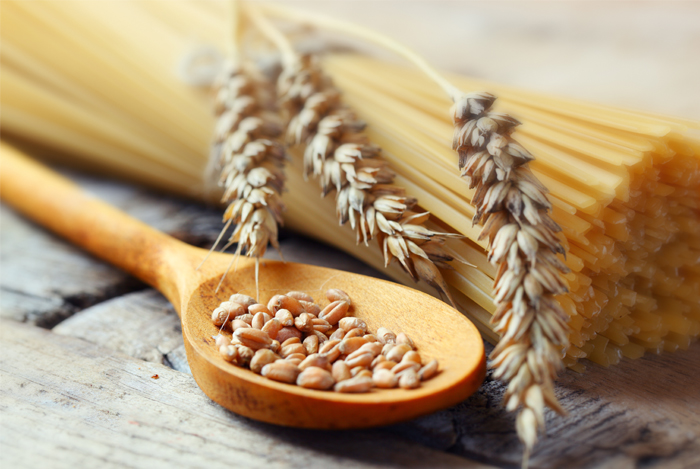
Gluten and casein are two types of proteins; gluten is found in wheat, barley and rye products (or grain products made with them), and casein is a protein found in dairy products. These two proteins also have opiate like properties that trigger a reaction in everyone making these foods more addictive and pleasurable to eat. You may have heard some people say they could never give up their pasta and cheese; this is why.
Gluten and casein are extremely addictive proteins because of the way they produce stimulating effects on the brain and for many, they can send them into a trance-like, drug-like state.
When it comes to autism, it seems as though gluten and casein are improperly digested and therefore lead to proteins being leaked into the bloodstream and interfere with brain function as a result. This can also lead to digestive problems and an imbalance of gut bacteria which can spawn rashes, food intolerances, and even hyperactivity due to the way these foods are not digested properly in a person’s body.
Typical Foods With Gluten and Casein:
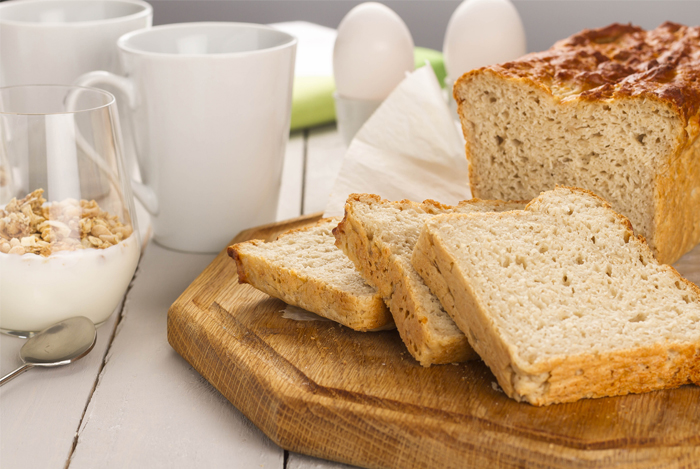
Avoid these foods were gluten and casein are always found
- Yogurt
- Pizza
- Bread (unless certified gluten-free)
- Regular pasta
- Whole grain products
- Processed granola bars and cereals
- Candy
- Fast Food
- Cookies
- Flour
- Cakes
- Instant oatmeal
- Any foods with flavorings or “natural flavors”
- Cheese
- Milk
- Regular cream
- Sour cream
- Ice cream
As you can see, most of these foods are typical foods many children eat each day. It is never easy when parents have to find alternatives for their children, especially if children have grown up eating them and attend public schools. This is why it’s pivotal to teach children to love fresh fruits and vegetables, and to always eat more natural foods at home where you can be sure contamination has not occurred.
How to Know if Your Child is Affected By Gluten and Casein:
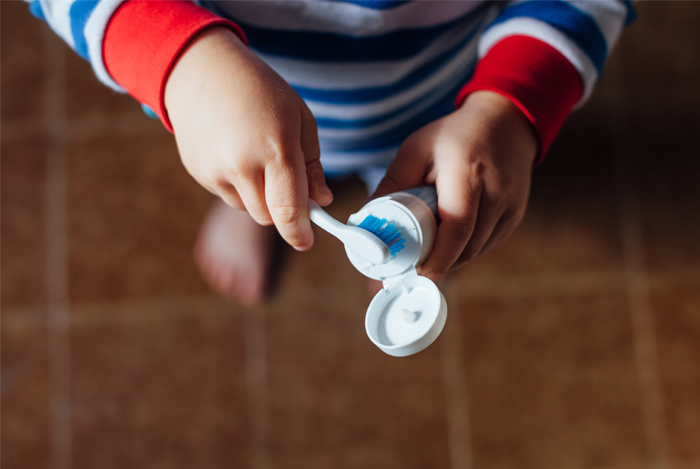
For children with autism, it’s fairly easy to spot how these two proteins affect the child. Once removed from the diet completely, autistic symptoms should decrease significantly. When a child is given one or more of these foods, most children’s symptoms appear to get worse.
Even children without autism may benefit from gluten and casein-free diets, especially if they have digestive, mood, behavioral, or skin problems such as rashes or hives.
Children with autism also need to avoid all lifestyle, hygiene, and overlooked food products with gluten and casein hidden in them (such as toothpaste, for example). It is vital to buy all certified gluten-free and certified dairy-free (or vegan) products that are given to children.
Other foods that tend to trigger neurological problems for all children are foods with artificial flavors and food dyes.
What to Feed Children:
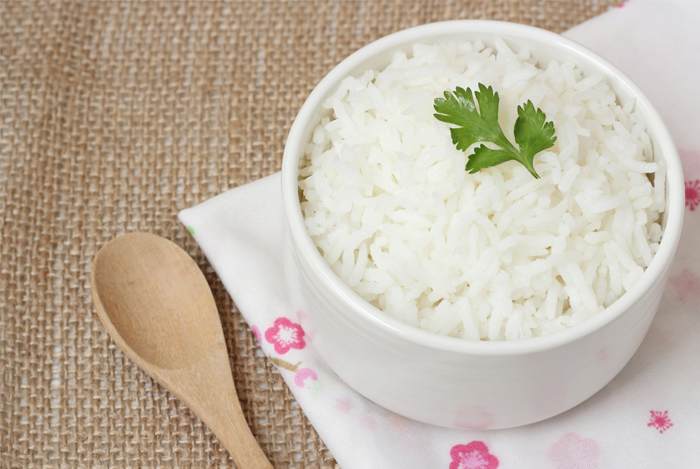
Children with autism need plenty of fresh fruits and vegetables just like adults do. They can be fed gluten-free grains like quinoa (check labels) and others such as millet if they tolerate them.
Some children tolerate rice and gluten-free oats while others do not since these grains have similar proteins that can trigger reactions the same way gluten does in a child (or even an adult’s) brain.
Children should get their protein from fiber-rich, nutritious sources like legumes (split peas, lentils, black beans, chickpeas), wild fish, and opt for dairy-free foods like certified non-dairy (vegan) yogurt or non-dairy milk products that are unsweetened.
Speaking of unsweetened products, sugar is best avoided as well. Sugar can trigger negative reactions in the brain that lead to an imbalance of gut bacteria; sugar can also lead to negative effects on focus, attention span, and a child’s mood.
Here is a great list of foods to feed your children:
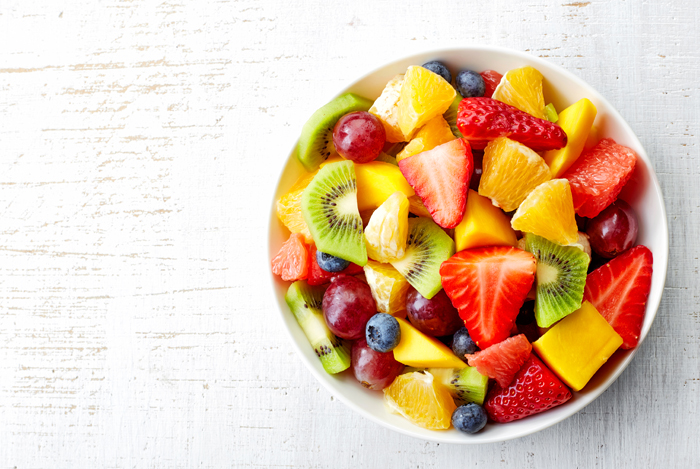
- All fresh fruits and vegetables
- Gluten-free grains if they tolerate them (wild rice, gluten-free oats, quinoa, etc.)
- Plant-based proteins such as lentils, peas, black beans, and chickpeas (garbanzo beans)
- Wild fish if desired
- Homemade smoothies with fruit, greens, healthy fats from avocado or raw nuts and seeds, and non-dairy milk
- Homemade versions of their favorite foods that are gluten, dairy, and sugar-free
- Banana ice cream in place of ice cream (frozen bananas blended in the food processor or blender)
Since eggs, peanuts, and soy are typical foods linked to food allergies, most children with food sensitivities and intolerances would do best to avoid allergenic foods.
Other Things to Consider:

Aside from a gluten-free and casein-free diet, enzymes and digestion should also be considered.
It has been shown that children with autism lack the ability to digest certain proteins (such as those in gluten and casein, for example), which means their body doesn’t produce optimal enzymes. Many parents opt to take children off medication and use enzyme therapy to help their children detoxify and give their digestive systems a chance to heal.
One mother that has helped her children heal from autism is the famous blogger, Kelly Bronza who created The Spunky Coconut blog and has written several cookbooks that are all gluten, casein, refined sugar, and dairy-free.
Kelly helped her children Ashley and Zoe both deal naturally with autism. She speaks highly of natural treatments including how vital a gluten and casein-free diet is for her child, as well as how removing refined sugar from their diets was also crucial.
For more information on eating for optimal health, check out these foods that can improve your mood and brain health!
The post How Diet and Autism Are Related: Trigger Foods and Healthy Alternatives appeared first on Nutrition Secrets.
http://www.nutritionsecrets.com/how-diet-and-autism-are-related-trigger-foods-and-healthy-alternatives/
No comments:
Post a Comment